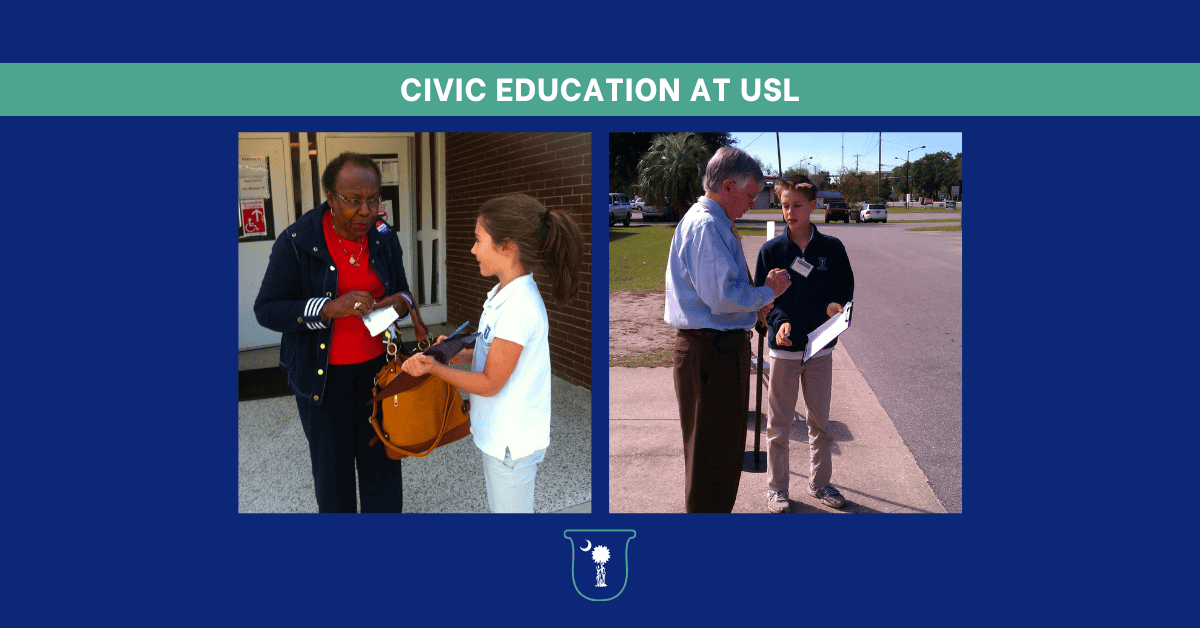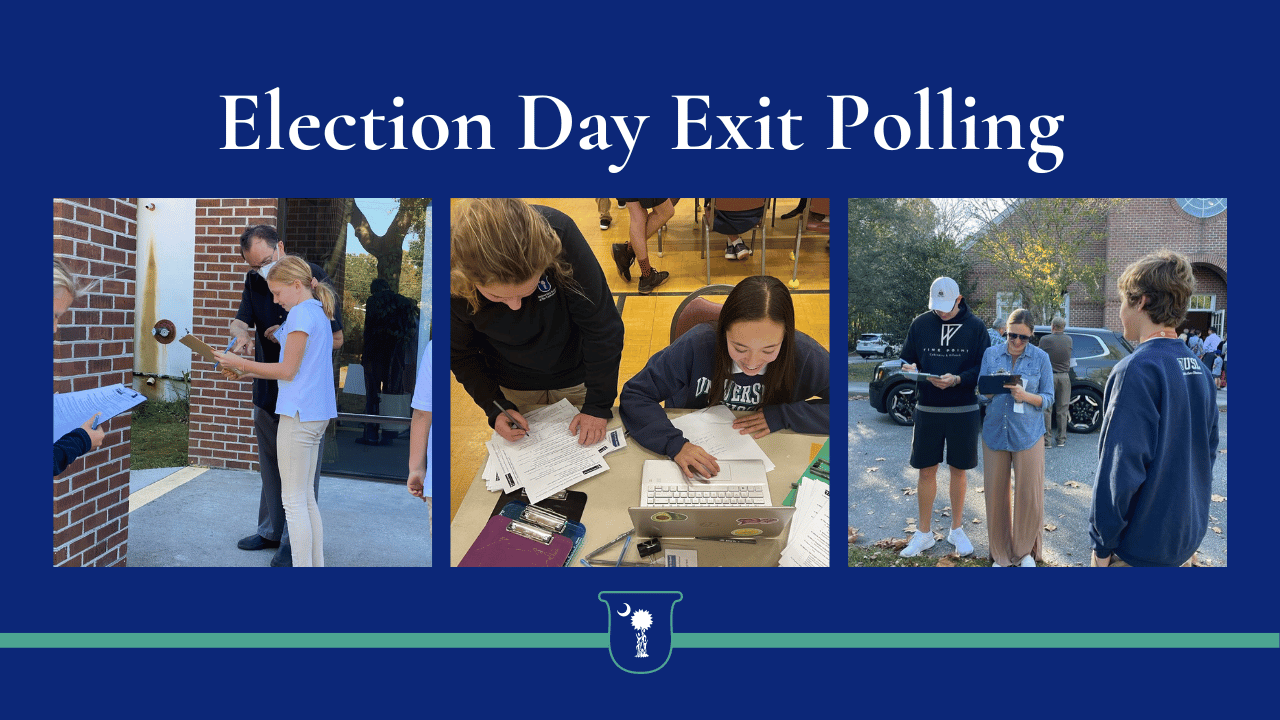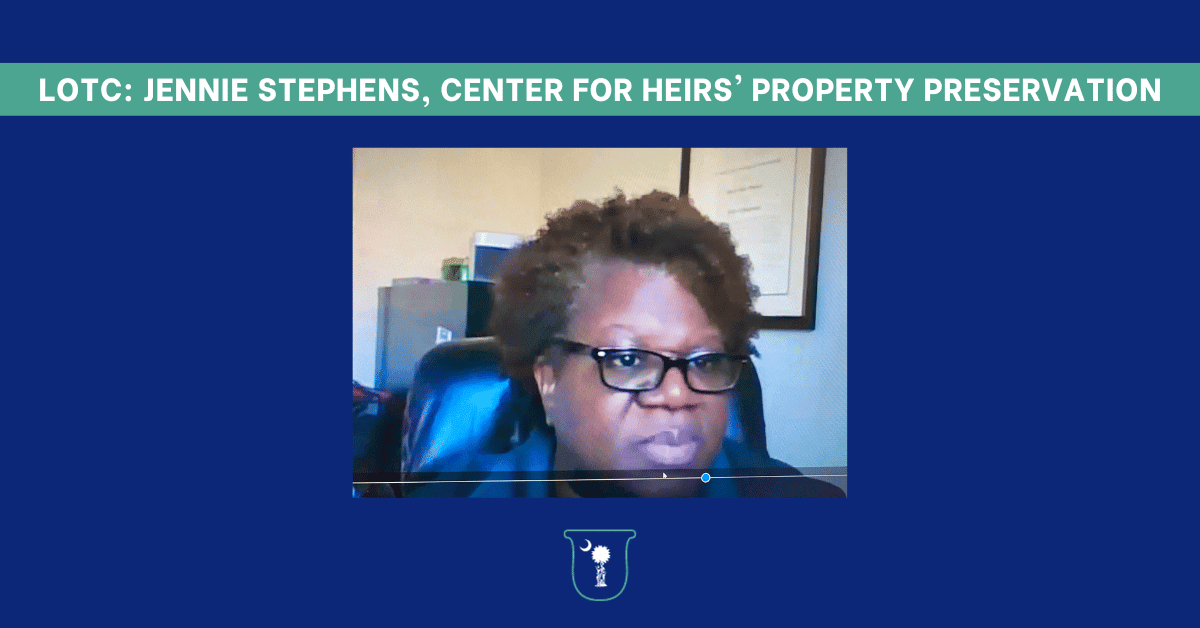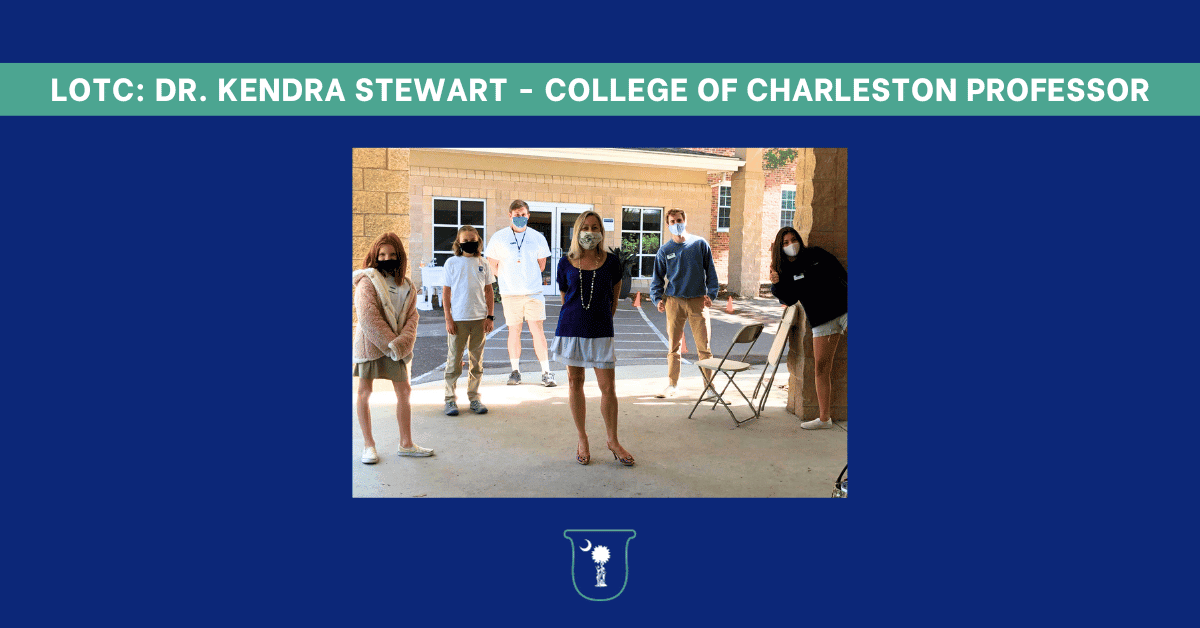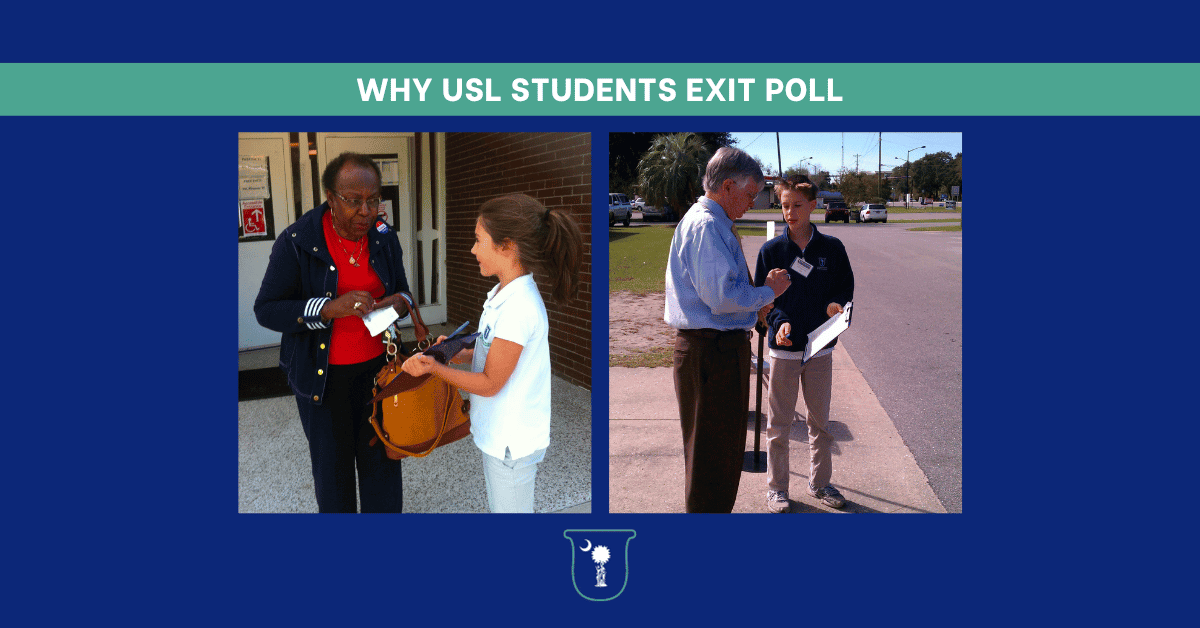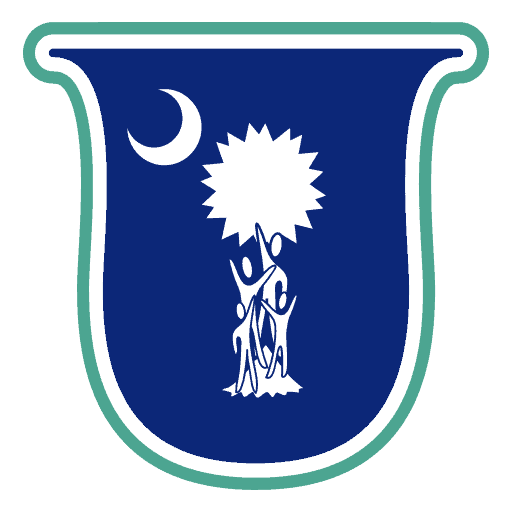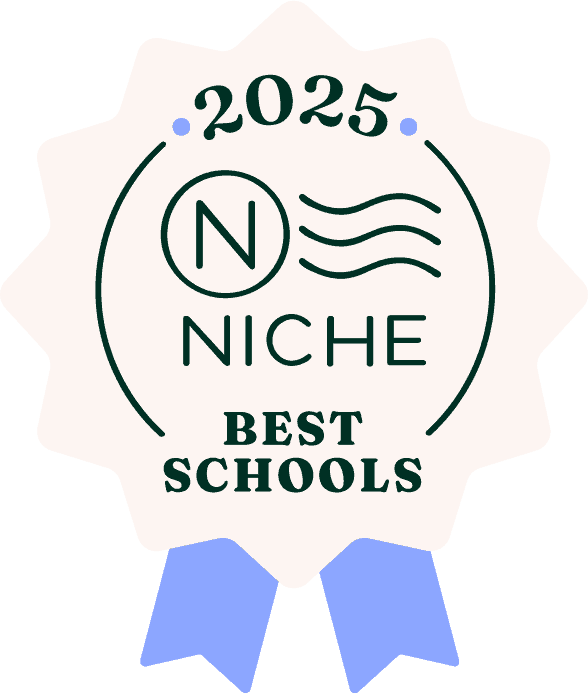Becoming an informed voter is a lifelong process of learning. AT USL, we do not shy away from examining politics. We do examine the platforms and policies of all parties. We invite guest speakers from every political party to join us on campus, share their ideas, and answer our questions. Through every election cycle, we perform exit polling. Our yearly exit poll project on Election Day, during which students conduct exit polls across the county and neighboring precincts to make statistical predictions based on their collected data. In addition, Upper School students can participate as a poll worker on election day.
Exit Polling
The annual exit polling LOTC each fall is a traditional Learning Outside the Classroom event where students head out to dozens of precincts to conduct exit polls of registered voters.
Youth Poll Worker Initiative
Upper School Students participate in the Youth Poll Worker Program to train and work the polls on election day at various sites providing first-hand experience into the election and voting process.
Guest Speakers
USL’s civic education program is a great example of our belief in learning from the experts. USL invites every candidate from all political parties represented to share their platform and for students to listen and ask questions.

